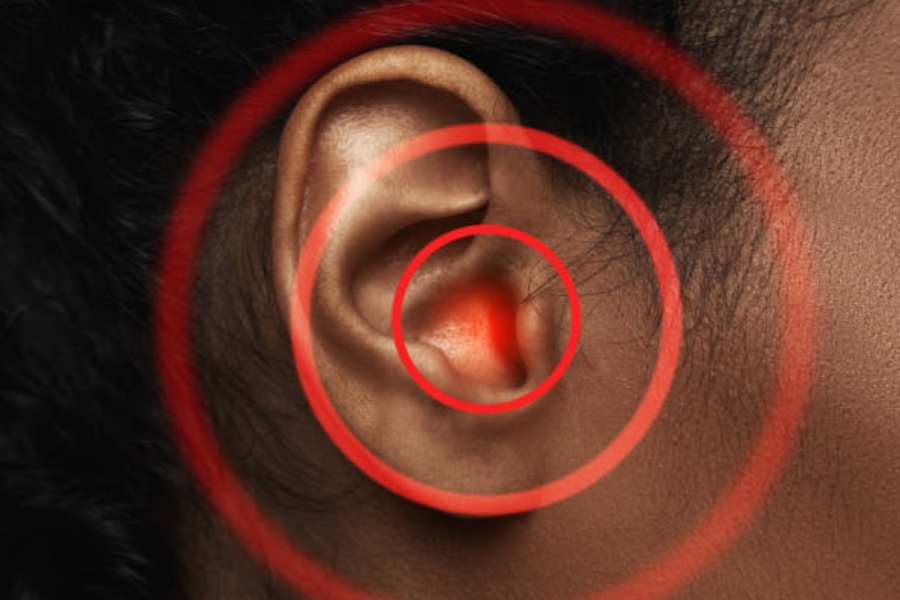New research brings hope if you’re tormented by tinnitus (ringing in the ears). Researchers at the Massachusetts Eye and Ear have linked tinnitus to a loss of nerve fibers in the auditory nerve.
- The study included people with tinnitus who have normal hearing based on standard hearing tests.
- Tinnitus affects more than one out of ten adults worldwide, impacting their quality of life with social and emotional costs.
“We won’t be able to cure tinnitus until we fully understand the mechanisms underlying its genesis. This work is a first step toward our ultimate goal of silencing tinnitus.” —Stéphane F. Maison, PhD, CCC-A, a principal investigator at Mass Eye and Ear, Mass General Brigham, and clinical director of the Mass Eye and Ear Tinnitus Clinic
Why it matters
Ear nerve damage explains how tinnitus afflicts some with technically normal hearing.
- The research sheds light on the underlying causes of tinnitus, guiding future treatment research.
Details
By measuring responses in the auditory nerve and brainstem, the researchers found evidence that:
- People with tinnitus showed loss of nerve fibers in the auditory nerve, even with regular hearing tests. This is known as "hidden hearing loss."
- People with tinnitus also exhibited hyperactivity in the brainstem.
- Researchers hypothesize that brainstem hyperactivity is the brain attempting to compensate for losing nerve fibers, resulting in the perception of phantom sounds.
- Detecting signs of nerve degeneration in tinnitus patients with brainstem response testing helped confirm longstanding theories about the biology enabling the troubling symptoms.

A closer look: Hidden-cell damage sends the brain inaccurate signals that get misinterpreted as phantom noise.
What's next: Future research will focus on ways to help damaged pathways regenerate while quieting oversensitive brain signaling.
“The idea that, one day, researchers might be able to bring back the missing sound to the brain and, perhaps, reduce its hyperactivity in conjunction with retraining, definitely brings the hope of a cure closer to reality.” —Stéphane Maison
Want help with your tinnitus?
Schedule a visit with one of our audiologists to explore tinnitus treatment options. Our audiology team is up-to-date on the latest technologies to help you find relief.
Call 708-599-9500 to schedule.
► For facts about hearing loss and hearing aid options, download The Hearing Loss Guide.
Don't let tinnitus threaten your health and happiness.

